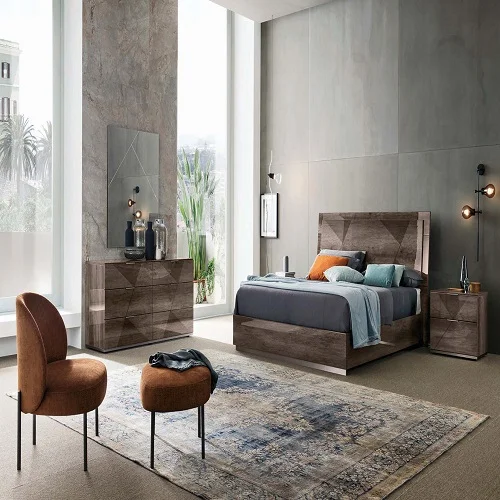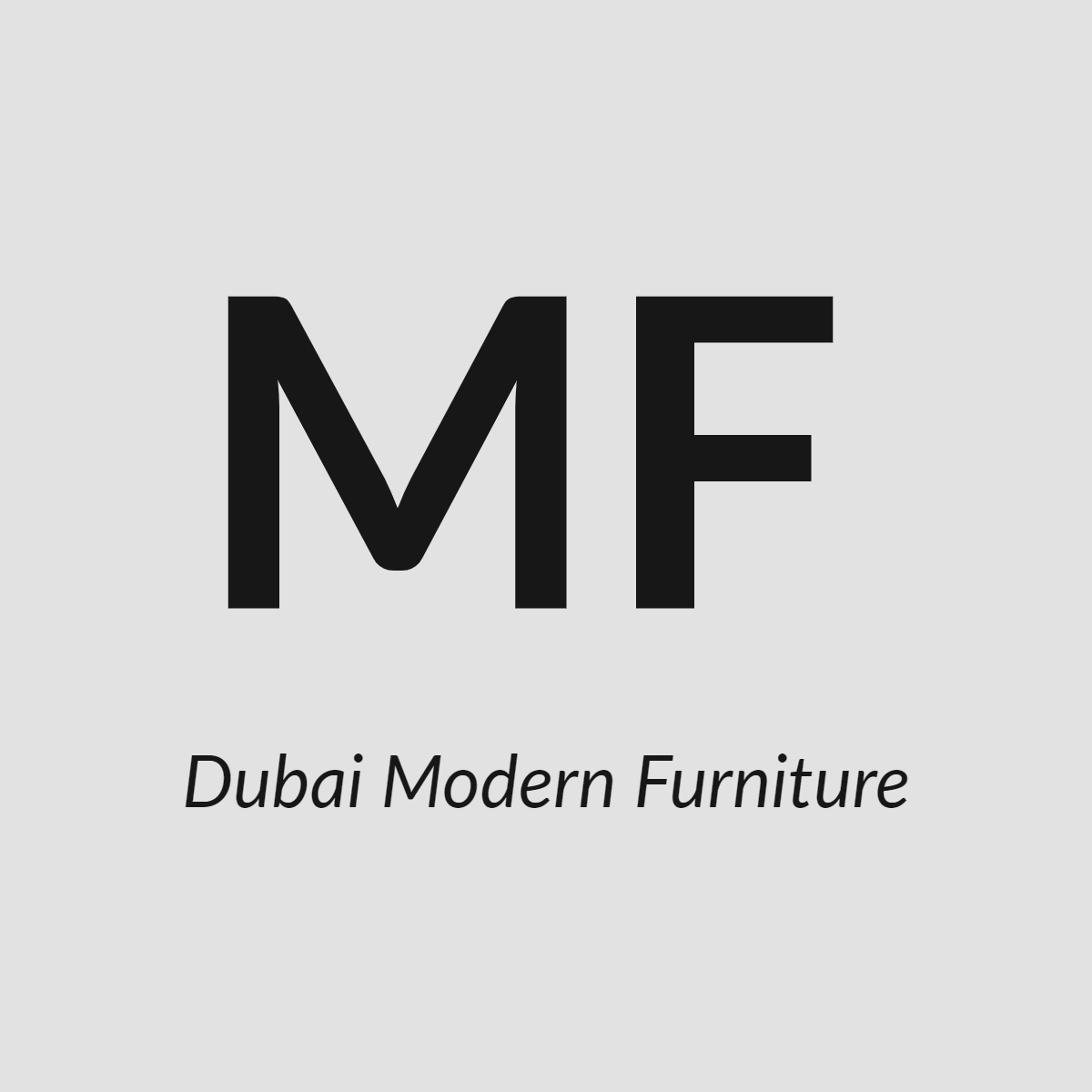Our Location
304 North Cardinal St.
Dorchester Center, MA 02124

In recent years, Dubai has emerged as a global hub for architecture, design, and innovation. Known for its iconic skyscrapers, luxury resorts, and opulent lifestyle, the city has also been making strides in promoting sustainability and eco-friendly practices. This shift towards sustainability is particularly evident in Dubai’s modern furniture industry, which is undergoing a significant transformation. In this article, we will explore the eco-friendly design movement in Dubai’s modern furniture sector and the key factors driving this change.
Sustainable Design Principles
Dubai’s embrace of sustainability in modern furniture design is rooted in a deep understanding of environmental challenges and the desire to contribute to global efforts to combat climate change. Eco-friendly design principles have become an integral part of the city’s design culture, reflecting a commitment to responsible manufacturing and ethical consumption.
One of the core principles of sustainable design is the use of environmentally friendly materials. In Dubai, designers are increasingly opting for sustainable materials such as reclaimed wood, recycled metal, and organic fabrics. These materials not only reduce the environmental impact but also add character and uniqueness to the furniture pieces.
Local Sourcing and Production
Dubai’s eco-friendly furniture movement extends to the sourcing and production of materials. Many designers are choosing to work with local suppliers and artisans, promoting the use of indigenous materials and techniques. This approach not only reduces the carbon footprint associated with transportation but also supports local communities and traditions.
For example, the use of palm wood, a sustainable resource in the region, has gained popularity in furniture design. This locally sourced material not only adds a distinctive Middle Eastern touch to the pieces but also aligns with Dubai’s commitment to sustainable practices.
Innovative Technologies
Dubai is also at the forefront of incorporating innovative technologies into eco-friendly furniture design. 3D printing, for instance, allows designers to create intricate and customized pieces with minimal waste. This technology enables the production of complex and unique designs while minimizing material consumption.
Furthermore, Dubai’s focus on solar energy and sustainable building practices has inspired furniture designers to integrate renewable energy sources into their creations. Solar-powered lighting fixtures and charging stations are becoming increasingly common in modern furniture pieces, adding functionality and reducing the reliance on conventional energy sources.
Circular Economy and Upcycling
The concept of the circular economy has gained traction in Dubai’s modern furniture sector. Designers are exploring ways to extend the lifespan of furniture through repair, refurbishment, and upcycling. Instead of disposing of old furniture, consumers are encouraged to invest in high-quality pieces that can be easily maintained and adapted to changing needs.
Dubai’s commitment to sustainability has led to the emergence of furniture restoration and upcycling businesses, where skilled artisans breathe new life into vintage and discarded pieces. This not only reduces waste but also promotes a sense of nostalgia and appreciation for well-crafted furniture.
Green Certifications and Standards
To ensure the authenticity of eco-friendly claims, Dubai’s modern furniture industry is increasingly adopting green certifications and standards. These certifications, such as LEED (Leadership in Energy and Environmental Design) and Cradle to Cradle, provide a clear framework for assessing a product’s environmental impact throughout its lifecycle.
Consumers in Dubai are becoming more conscious of these certifications and are actively seeking furniture that meets recognized sustainability criteria. This shift in consumer behavior is driving manufacturers to prioritize eco-friendly practices and transparency in their production processes.
Sustainable Design Collaborations
Collaboration has been a key driver in Dubai’s eco-friendly design movement. Designers, architects, and manufacturers are working together to create innovative and sustainable solutions for both residential and commercial spaces. This collaborative approach encourages the exchange of ideas and expertise, leading to the development of groundbreaking sustainable designs.
For instance, sustainable furniture collections have been created in collaboration with renowned architects and interior designers, resulting in pieces that seamlessly blend aesthetics with functionality and eco-friendliness. These collaborations are not only shaping the future of Dubai’s modern furniture industry but also setting global trends in sustainable design.
Consumer Awareness and Education
The growing awareness of environmental issues and the importance of sustainable living have played a pivotal role in Dubai’s eco-friendly design movement. Consumers are now seeking information about the environmental impact of their purchases and are willing to invest in eco-friendly options.
To cater to this demand, Dubai’s furniture retailers are actively educating consumers about the benefits of sustainable design. Showrooms and online platforms showcase eco-friendly collections and provide information on the materials and processes used in their production. This educational aspect has empowered consumers to make informed choices and support the sustainability movement.
Dubai Modern Furniture offers a curated collection of contemporary furnishings that embody sophistication and style. Our sleek designs combine functionality with aesthetics, creating living spaces that exude luxury. From minimalist sofas to avant-garde dining sets, we redefine comfort and elegance. Elevate your interior with Dubai Modern Furniture today.
Risala Furniture LLC 9 24 A street, Al Quoz 1 Dubai – United Arab Emirates

Abu Dhabi Island, Al Salam Street Behind Abu Dhabi Municipality And FAB Bank Heirs. Of Ibrahim G. Sultan Al Suwaidi Building ONLINE FURNITURE – Showroom no. S2 Abu Dhabi
 Call Now Button
Call Now Button
